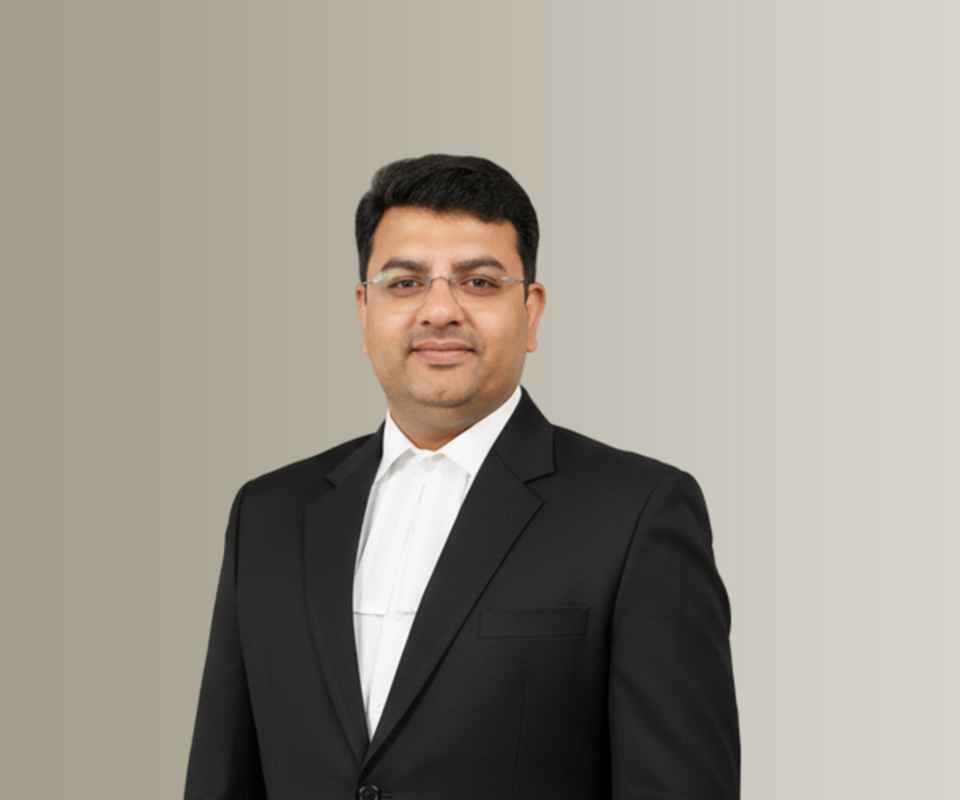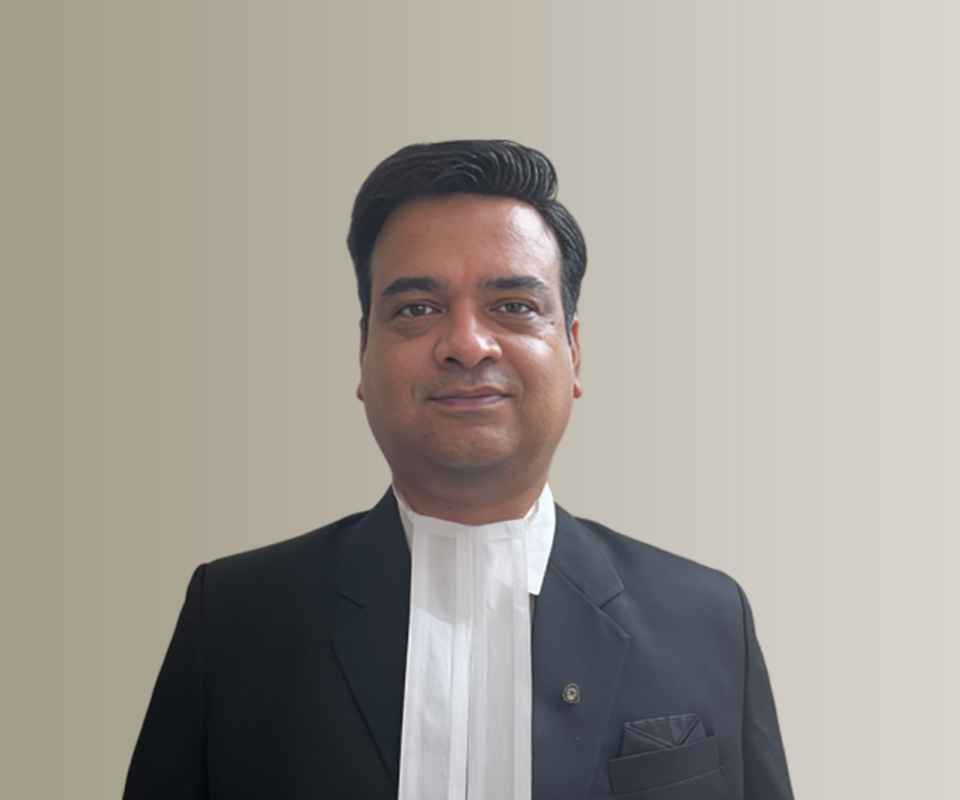Answer By law4u team
Senior citizens who co-own property with family members or others may face abuse or exploitation related to that property. While ownership rights are protected by law, elders have specific legal remedies to address abuse and protect their share in the property, including the possibility of removing or excluding a co-owner through judicial intervention.
Legal Remedies for Removing a Co-Owner in Case of Abuse
Partition Suit
- A senior citizen can file a suit for partition under the Partition Act or relevant state laws to divide the jointly owned property.
- Partition legally separates the shares of co-owners, effectively removing co-owners by giving each their respective portion.
- This is the most common legal remedy to resolve disputes among co-owners.
Injunction or Restraining Orders
In cases of abuse or misuse, the elder can seek injunctions to prevent the co-owner from interfering with the property or harassing the elder.
Courts can order temporary or permanent restrictions on the co-owner’s rights if abuse is proven.
Protection Under Elder Abuse Laws
If the co-owner abuses the senior citizen physically, mentally, or financially, the elder can file complaints under elder protection laws (like the Maintenance and Welfare of Parents and Senior Citizens Act, 2007).
Authorities may intervene to safeguard the elder’s rights and property.
Civil Suit for Recovery and Damages
If the co-owner illegally disposes of or misuses the property, the elder can file civil suits for recovery or damages.
Courts can order compensation or restoration of the property.
Police Complaint and Criminal Action
In cases of criminal abuse, harassment, or threats, elders can file police complaints to seek immediate protection.
Consumer Safety Tips
- Keep all property documents and ownership papers secure and updated.
- Document instances of abuse or misuse with dates, witnesses, or recordings if possible.
- Approach legal aid services or elder rights organizations for support.
- Consult a property lawyer to understand legal options clearly.
- Avoid direct confrontation and seek legal remedies promptly.
Example
Situation:
Mrs. Sharma, a senior citizen, co-owned a house with her son, who was verbally abusive and tried to sell the property without her consent.
Steps Taken:
- Mrs. Sharma filed a partition suit to legally divide the property.
- She obtained an interim injunction preventing her son from selling or transferring the property.
- The court appointed a receiver to manage the property during the dispute.
- Mrs. Sharma also filed a complaint under elder abuse laws for harassment.
- Eventually, the court ordered a partition, granting her a separate share and restricting her son’s interference.
- Legal protection restored Mrs. Sharma’s control and peace of mind.







